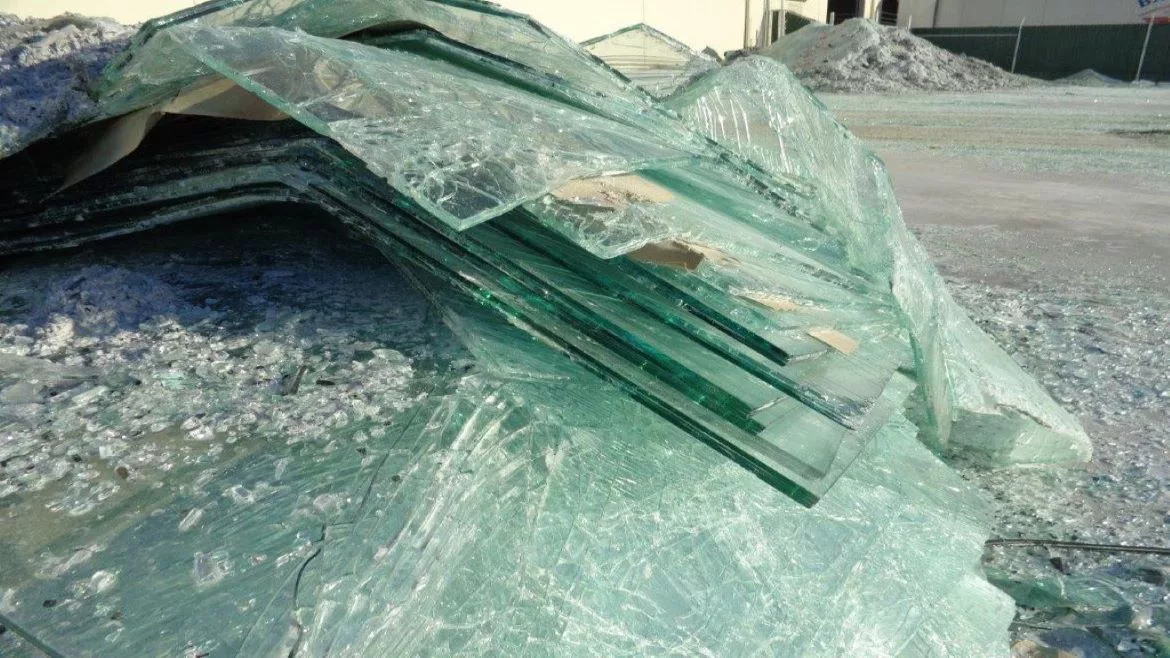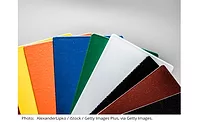Driving Circularity in Paints and Coatings

Image courtesy of Circularity Capital.
Almost every industrial sector relies on paint; from aerospace and construction to electronics, marine, medical, pharmaceutical, textile, and vehicle manufacturing, to name a few. In recent months, however, disruptions to the global supply chain have seen costs rise significantly.
The additives arena has been hit particularly hard, with escalating raw material costs, energy price rises, and stringent legislating, combining in a perfect storm. This has put significant pressure on some of the industry’s best-known brands, who are struggling to adapt quickly enough to an ever-changing marketplace.
Profits are down and demand is up, but supply is under intense scrutiny. The doom and gloom seems unremitting. However, there are shards of optimism if you look hard enough.
The Circular Economy
While economic pressures have prompted many paint manufacturers to look at alternatives to scarce or costly raw materials, the continuing tide of environmental legislation is also bringing about change. Indeed, earlier this year, the EU published its highly anticipated Circular Economy Action Plan (CEAP). Positioned as a cornerstone of the European Green Deal, the document provides a roadmap towards a circular industrial economy that prioritizes the environment and works to eliminate waste.
CEAP focusses on four key objectives; making sustainable products the norm in the EU, empowering consumers to embrace circularity, focussing on the lifetime of products through a sectoral lens, and reducing waste. In simple terms, it aims to ensure that companies accelerate their transition towards circular business models.
Paint industry commentators are predicting that the action plan will drive widespread disruption across the sector, with businesses forced to amend their operations in order to remain compliant. The EU is not simply looking for incremental improvements in technology, but instead, is committed to driving a paradigm shift. Brands, therefore, need to think about a supply chain that makes the most of resources and reduces waste, significantly.
Change in Practice
Circularity Capital is a major investor in Shark Solutions, a global leader in advanced recycled PVB (PolyVinyl Butyral) products. With manufacturing operations in both Europe and the United States, the business works to separate the PVB layers from broken windshields and architectural glass. Recognized by Bloomberg in its list of ’50 Global Leaders,’ the company transforms reclaimed materials into highly valuable, non-toxic, sustainable, recyclable, and price-competitive binders for use in paints, coatings, adhesives, and flooring products.

With a lower carbon footprint than more traditional binders, the company provides a truly circular solution to help both customers and end-users reduce their greenhouse gas emissions. With technical properties exceeding stringent customer requirements, and coming at a cost-comparable price point, the company is seeing strong interest from paint companies worldwide.
Shark Solutions now manufactures tens of thousands of tonnes of material per year for leading industrial companies worldwide. This includes for use in a number of cradle-to-cradle-certified products – exactly the type of goods that CEAP is mandating in Europe.
Going a step further along the circularity roadmap, the company has recently established a collaboration with French paint manufacturer, Initiatives Decoration (ID) to launch a new sustainable wall-paint range. Branded ECO Respectueuse (a paint made with 50% recycled materials), this paint product is based on Shark Solutions' recycled PVB resin blend. The manufacturer adds oyster shell powder, collected and recycled locally in France, as natural fillers to ensure excellent product coverage. The paint has an extremely low-VOC (volatile organic component) level, and its carbon footprint is one-sixth of comparable products.

This launch is the latest in ID's sustainable solutions research and development program, coming as part of the brand's drive to bring depolluting decorative paints to market. The brand holds two ISO 9001 certifications and the environmental quality standard ISO 14001.
Products such as this demonstrate that the industry can be both circular and successful, creating new and innovative solutions to not only meet the demands of global customers, but also set the standards in environmental performance. While raw material costs continue to rise, companies like this demonstrate that the industry does not need to come to a grinding halt. Indeed, circular business models can achieve both profit and purpose, while alleviating many of the challenges experienced by some of the sector’s traditional companies.
While the pressures of supply chain disruptions and legislative change are expected to continue, those who operate traditional, linear, take-make-dispose methods of production and consumption will experience widespread disruption. For others, however, who are already investing in circular solutions, industry forces are providing a substantial growth opportunity for the future.
Growth-Stage Capital Funding
When Circularity Capital was founded in 2015 with the firm conviction that the entrepreneurs of businesses like Shark Solutions, who are developing the circular innovations to make this transition a reality, deserve a specialist investor with the right knowledge and network to unlock their full potential.
Recently, the investment firm raised their second dedicated circular economy private growth-equity fund. At 215 million euros; it is the largest of its kind globally.
The current portfolio includes a number of leading circular businesses across Europe and hopes to further grow the investment base by supporting leading, innovative, circular businesses where we can add value as a domain expert investor.
The circular economy provides a strong framework for decoupling business growth from resource constraints, enhancing resource productivity, and driving competitive advantage. It also highlights a subset of business models that are enabling this transition and can generate premium returns for investors. Rather than a short-term trend, CEAP highlights that circular economy thinking will drive industry for years to come.
The paint and coatings industry is set to experience rapid change over the coming years. Circularity Capital hopes to play a leading role in the sector’s transition towards a more resource-efficient supply chain for the future.
For more information about Circularity Capital, or to find out more about its unique portfolio, visit https://circularitycapital.com/.
Looking for a reprint of this article?
From high-res PDFs to custom plaques, order your copy today!





